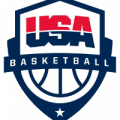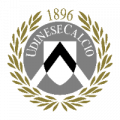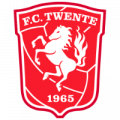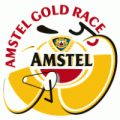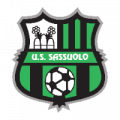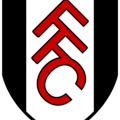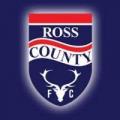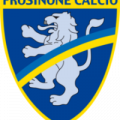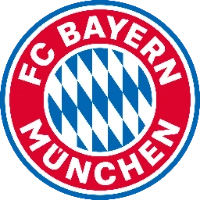
Bayern Munich
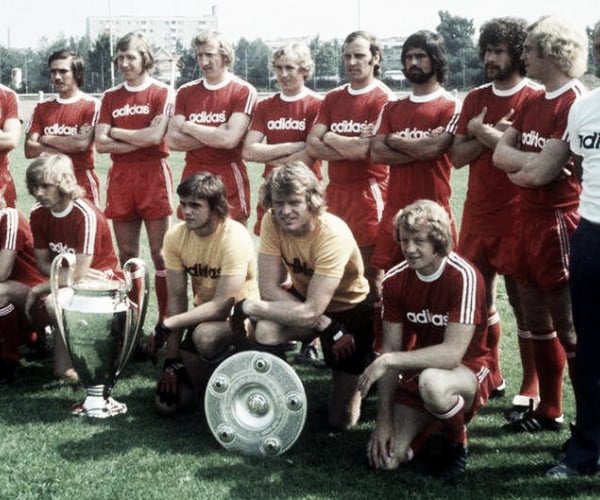
1900 Munich
Bayern Munich was founded on the twenty-seventh of February 1900 in Munich. It is the most decorated football club in the history of Germany and is considered one of the greatest in Europe.
Foundation and early decades
Bayern Munich was founded by eleven footballers who belonged to MTV Munich, a team that refused to participate in the Southern German Football Association. In this way, these eleven players, led by the man who became their first president, Franz John. In their early years, their direct rival was 1860 Munich, from whom they attracted several players to sign them. Initially, their main colors were blue and white, but a financial problem that they needed to resolve in order to play in a stadium resulted in an affiliation with Münchner-Sport Club (MSC). This happened in 1906, and they continued to maintain their independence, although the only requirement was to adopt the colors of MSC, red and white. Since then, they have been known as "Die Rothosen" (the red shorts). With the acquisition of the new Leopoldstraße Stadium, the club was favored, as fans could watch the club comfortably from the stands. This is how, little by little, they became the best team in the Munich area. In 1910, they won their first title, which made them champions of the East District of Germany.
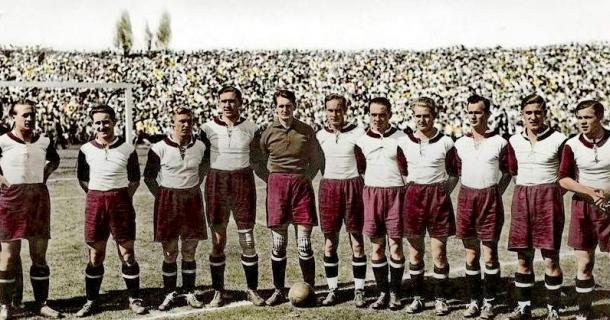
World War II and club performance during the Nazi regime
The Munich ensemble grew in relevance and became the club with the most fans in the city. In 1932, they won the first national title in their history by defeating Eintracht Frankfurt two-nil, a team that was one of the best at the time. But in 1939, World War II broke out, which harmed Bayern due to its Jewish background. Attendance at the stadium and the number of members drastically dropped, and afterward, several club members, including players, lost their lives in combat. Even in the 1954 World Cup against the best Hungary in history, Bayern did not have players among their ranks. Fortune began to smile on them after winning their first DFB-Pokal in 1957 against Fortuna Düsseldorf.
Despite the notion that Bayern Munich remained aloof from Hitler's National Socialism, historian Markwart Herzog asserts that Bayern was one of the last teams to implement measures imposed by Hitler, but even so, they acted in accordance with Adolf Hitler's stipulations. In the "Stuttgart Declaration", the club agreed to expel Jewish members and had pro-regime Presidents during those years. At that time, the German Football Association did not require clubs to incorporate the "Aryan paragraph" into their statutes, but later, not in 1935, when Bayern did so.
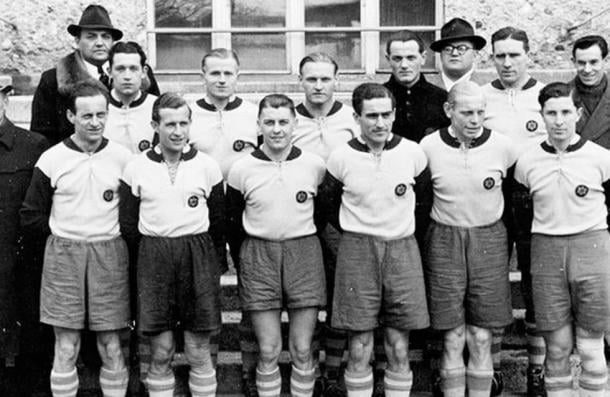
Creation of the Bundesliga
The disastrous performance of the German team in the 1962 World Cup in Chile confirmed the need to create a unified championship in Germany. Before that, various leagues hosted different clubs, and the winners of each would go to a final tournament where the winner of Germany would be decided. In 1963, the Bundesliga was created, as well as its lower divisions, in which representatives of each region would be chosen to belong to the German top division. From the Munich area, Bayern Munich was not chosen, but rather 1860 Munich for having won the last championship. This relegated Bayern to the Zweite Bundesliga (2. Bundesliga), and the club found itself in a financial crisis that forced them to sell their stars. Almost as a twist of fate, this was the reason why the club would bet on young players who would end up dominating the German football scene. They were Franz Beckenbauer, Sepp Maier, and Gerd Müller. Sepp Maier became the player with the most appearances in the club's history, and Gerd Müller became the top scorer.
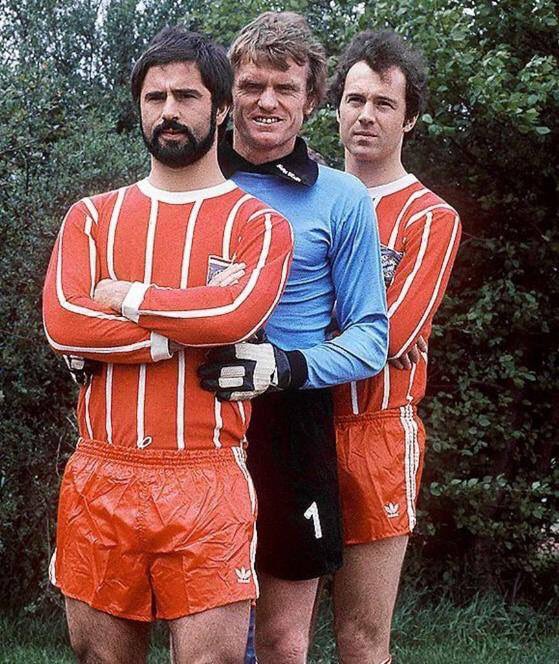
Promotion to Bundesliga
After two seasons in the Zweite Bundesliga, Bayern managed to promote to the Bundesliga. The first season of the team would be 1965/1966, where they finished third. The first coach of the club in the top division was the Croat Zlatko Čajkovski, who managed to win Cologne with the first Bundesliga title in 1963. He called Müller "chubby Müller" due to his physical appearance. That same year, they won the German Cup and managed to attend the 1967 Cup Winners' Cup against Rangers, which was the club's first major intercontinental title. The first Bundesliga triumph came in 1969, becoming the first achievement of the "Meisterschale". Since then, they have become the team with the most Bundesligas in Germany.
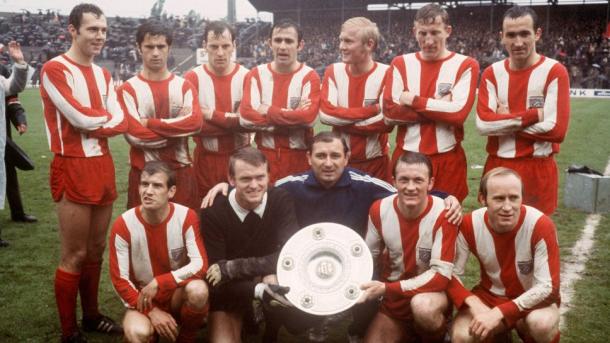
Bayern-Mönchengladbach Rivalry
The 1970s marked the beginning of something great in Bayern's history. It was when they began to regularly claim Bundesliga championships and encountered one of their toughest competitors, Borussia Mönchengladbach. 'The foals' won up to four titles in that decade. Thus, it became the most special duel in the Bundesliga at that time.
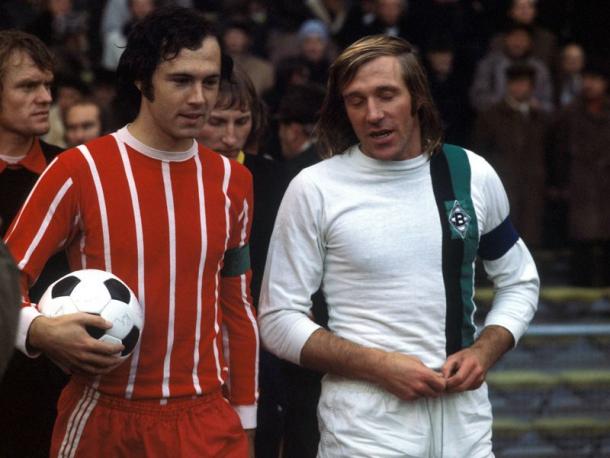
European Hegemony
The 1970s were very important for the Bavarian entity, not only nationally but internationally. Since the creation of the European Cup in 1956, Bayern Munich had not made a notable appearance in Europe's premier competition. This was the most important stage by which to become known worldwide, and Bayern achieved it three times in a row, in 1974, 1975, and 1976. Atlético de Madrid, Leeds United, and Saint-Etienne, respectively, fell to what would become a European giant. By winning three times in a row, they became one of the few teams to have achieved it. Later, they would do it again in 2001 against Valencia and the last one in 2013 against Borussia Dortmund; in what was the first Champions League final to be contested between two teams from the same country. Additionally, after Juventus Turin, they are the club with the most lost finals in the history of the tournament, with six.
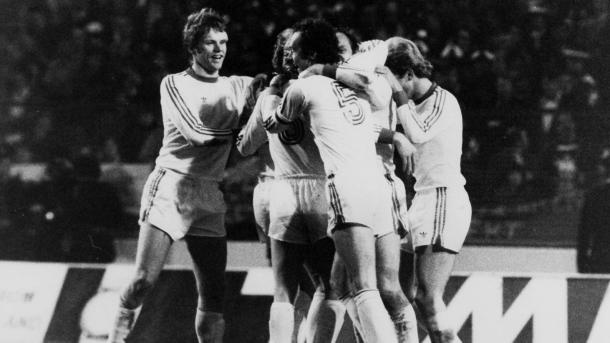
Main Rivals
Depending on the decade and the form of different football clubs in Germany, Bayern Munich has had various teams as its main rivals. In the 1970s, Borussia Mönchengladbach was the most potent team alongside the Bavarians, and in the 1980s, it was Hamburg, the only German team along with Bayern and Borussia to win the European Cup. It is precisely Borussia Dortmund that remains the main rival to this day. It was also the case in the 1990s when Ottmar Hitzfeld arrived at Dortmund and they won the Champions League in 1996. Years later, he would do it with the Bavarians. Therefore, Bayern-Borussia Dortmund is the current "Der Klassiker" in Germany, since Jürgen Klopp's arrival at the club lifted them to the top of Germany and Europe. In fact, it was in the 2013 final that pitted them against each other, with a happy ending for Jupp Heynckes' Bayern, a former player of the club itself.
Club Honors
Bayern Munich is the most decorated club in Germany. Twenty-nine Bundesligas, nineteen German Cups, and seven German Supercups. In terms of European titles, they are also the most acclaimed, with five European Cups, two Intercontinental Cups, one FIFA Club World Cup, one UEFA Super Cup, one UEFA Cup, and one UEFA Cup Winners' Cup.
Stadium
Bayern Munich plays their home games at the Allianz Arena, with a capacity of 75,000 spectators. It was built in 2005, after having played for several decades at the Munich Olympic Stadium. Its name is due to the sponsor of the Bavarian entity and is the second-largest stadium in Germany after Signal Iduna Park in Dortmund, and tying with the Olympic Stadium in Berlin.
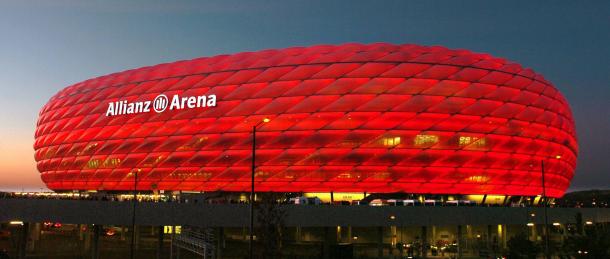
Biography performed by https://www.vavel.com/es/author/jorgecascon

















